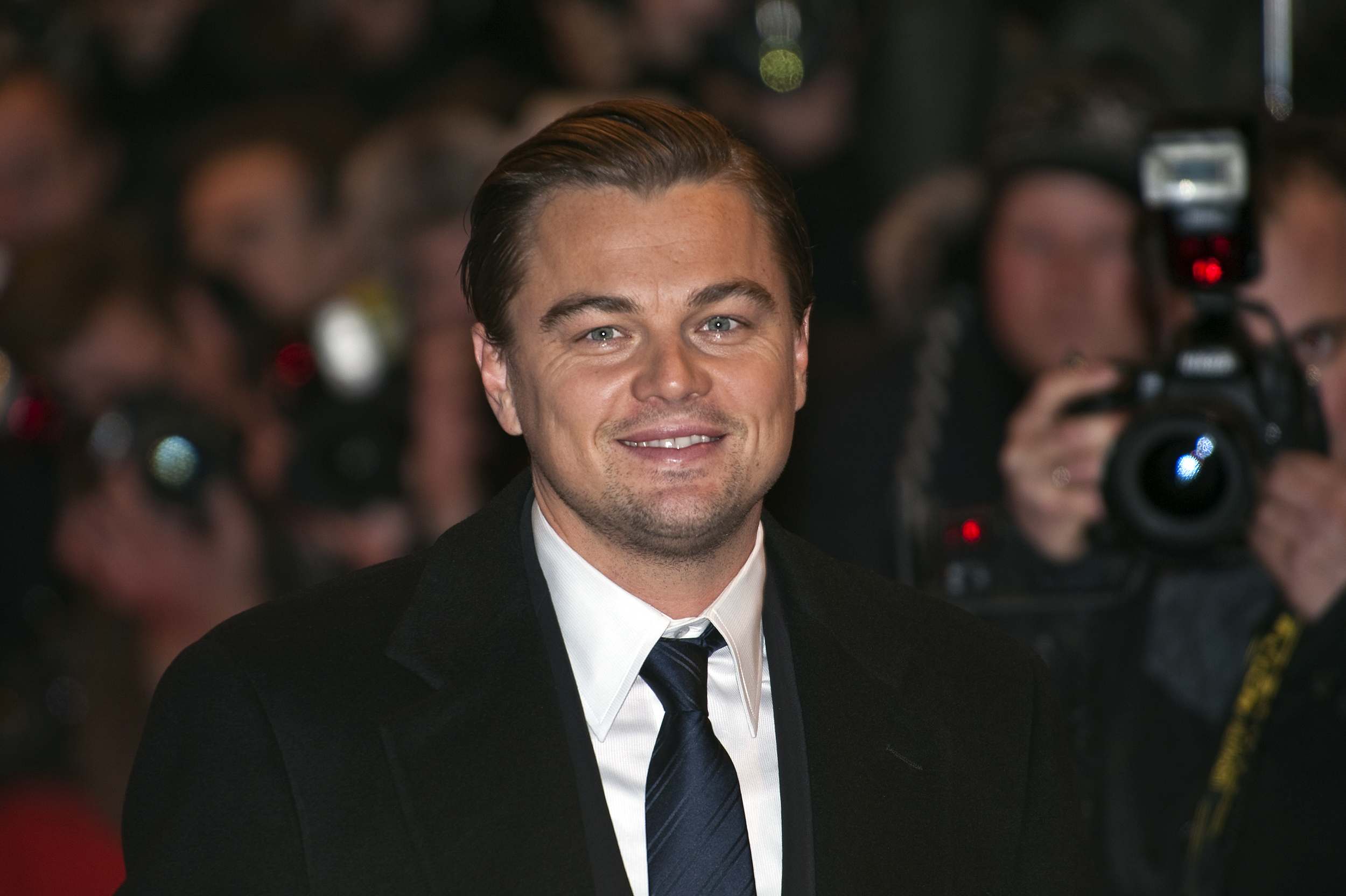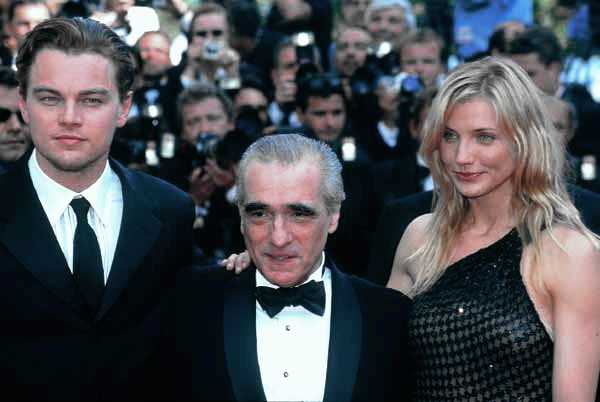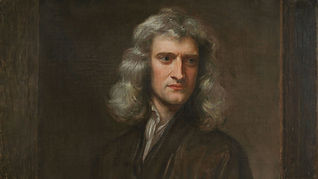Leonardo DiCaprio: The Journey of a Hollywood Legend and Climate Activist
In the bustling city of Los Angeles, on November 11, 1974, a star was born. Leonardo Wilhelm DiCaprio came into the world, the only child of Irmelin and George DiCaprio. Little did anyone know that this baby boy would grow up to become one of the most recognizable faces in Hollywood, a critically acclaimed actor, and a passionate environmental activist.
Leo, as he's affectionately known, had creativity in his blood. His father was a comic book artist and distributor, and his mother was a legal secretary born in Germany. They named their son Leonardo because, legend has it, he first kicked while Irmelin was looking at a Leonardo da Vinci painting in a museum in Italy. It seemed that even before he was born, Leo was destined for an artistic life.
Growing up in Los Angeles, young Leo was exposed to the entertainment industry from an early age. His parents divorced when he was just a year old, but they both remained active in his life, encouraging his creative pursuits. As a child, Leo was energetic, imaginative, and always putting on performances for his family and neighbors. Leo's journey into acting began almost by chance. At the age of five, he appeared on the children's television series "Romper Room," but was reportedly kicked off for being disruptive. This early setback didn't deter the young performer. Instead, it seemed to fuel his desire to act.
As he grew older, Leo's passion for acting intensified. He attended the Los Angeles Center for Enriched Studies and later John Marshall High School. However, he dropped out of high school following his third year, eventually earning his general equivalency diploma (GED). Leo later said of this decision, "I had always been fascinated with movies and had grown up watching all of the great performances, so I realized that this is what I wanted to do with my life."
Leo's professional acting career began in earnest in the late 1980s when he started appearing in television commercials. He did advertisements for Matchbox cars, Kraft Foods, Bubble Yum, and many others. These early experiences in front of the camera helped him sharpen his skills and gain confidence.
In 1990, at the age of 16, Leo got his first major break when he was cast in the television series "Parenthood," based on the 1989 film of the same name. Although the show was short-lived, it opened doors for the young actor. He went on to appear in several other television shows, including the popular sitcom "Growing Pains" in 1991. Leo's transition to film came with his big-screen debut in the low-budget horror film "Critters 3" in 1991. While not a critically acclaimed movie, it was a start. His true breakthrough came in 1993 when he was cast alongside Robert De Niro in "This Boy's Life." Leo's performance as the abused stepson of De Niro's character caught the attention of critics and audiences alike.
That same year, Leo took on the challenging role of Arnie Grape in "What's Eating Gilbert Grape," starring alongside Johnny Depp. His portrayal of a mentally impaired teenager earned him his first Academy Award nomination for Best Supporting Actor at the age of 19. Although he didn't win, this nomination put Leo firmly on Hollywood's radar. The next few years saw Leo taking on diverse and challenging roles. He played the poet Arthur Rimbaud in "Total Eclipse" (1995) and starred as Romeo in Baz Luhrmann's modern adaptation of "Romeo + Juliet" (1996). These roles showcased Leo's range as an actor and his willingness to take on complex characters.
Then came 1997, the year that would catapult Leo from rising star to global superstar. James Cameron cast him as Jack Dawson in the epic romance "Titanic," opposite Kate Winslet. The film was a phenomenal success, becoming the highest-grossing film of all time (a record it held for 12 years) and winning 11 Academy Awards. While the film's success was a team effort, Leo's charming performance and boyish good looks made him a worldwide heartthrob overnight.
The success of "Titanic" brought Leo unprecedented fame, but it also presented challenges. He was suddenly thrust into the spotlight, with paparazzi following his every move. The media coined the term "Leo-Mania" to describe the frenzy surrounding him. Rather than getting caught up in the hype, Leo made a conscious decision to focus on his craft and take on challenging, character-driven roles.
In the years following "Titanic," Leo continued to work with acclaimed directors and take on complex characters. He starred in Danny Boyle's "The Beach" (2000), Martin Scorsese's "Gangs of New York" (2002), and Steven Spielberg's "Catch Me If You Can" (2002). These roles allowed him to showcase his versatility as an actor and work alongside some of the industry's biggest names.
Leo's collaboration with Martin Scorsese would prove to be one of the most fruitful director-actor partnerships in modern cinema. Following "Gangs of New York," they worked together on "The Aviator" (2004), for which Leo received an Academy Award nomination for Best Actor, "The Departed" (2006), "Shutter Island" (2010), and "The Wolf of Wall Street" (2013), which earned him another Oscar nomination.
Despite his critical acclaim and commercial success, the Academy Award for Best Actor remained elusive for many years. Leo received nominations for "Blood Diamond" (2006), "The Wolf of Wall Street" (2013), and "The Revenant" (2015). It was his grueling performance in "The Revenant," directed by Alejandro González Iñárritu, that finally won him the coveted Oscar in 2016. His win was celebrated by fans and fellow actors alike, many of whom felt it was long overdue.
Throughout his career, Leo has shown a preference for working with visionary directors and taking on challenging roles. He has collaborated with Christopher Nolan on "Inception" (2010), Quentin Tarantino on "Django Unchained" (2012) and "Once Upon a Time in Hollywood" (2019), and Baz Luhrmann again on "The Great Gatsby" (2013). Each of these roles has allowed him to further showcase his range and cement his status as one of the most versatile actors of his generation.
But Leo's story isn't just about his achievements in front of the camera. Off-screen, he has become one of Hollywood's most vocal environmental activists. His passion for environmental causes began in the late 1990s and has only grown stronger over the years. In 1998, Leo established the Leonardo DiCaprio Foundation, a non-profit organization devoted to prmoting environmental awareness. The foundation has awarded millions of dollars in grants to environmental causes worldwide, focusing on climate change, indigenous rights, and the conservation of biodiversity.
Leo's commitment to the environment is apparent in both his personal life and his professional choices. He drives electric vehicles, lives in a solar-powered home, and often speaks out about climate change. He has produced several documentaries on environmental issues, including "The 11th Hour" (2007) and "Before the Flood" (2016).
In 2014, the United Nations named Leo a UN Messenger of Peace with a special focus on climate change. He has addressed the UN on multiple occasions, urging world leaders to take action on climate change. In his 2016 Oscar acceptance speech, he took the opportunity to highlight the urgency of addressing climate change, saying, "Climate change is real, it is happening right now. It is the most urgent threat facing our entire species, and we need to work collectively together and stop procrastinating."
"If you can do what you do best and be happy, you're further along in life than most people." - Leonardo DiCaprio, American Actor
Leo's activism extends beyond environmental causes. He has been involved in various humanitarian efforts, including disaster relief for Haiti and victims of the 2004 Indian Ocean tsunami. He has also been a strong advocate for LGBTQ+ rights and has supported numerous charities focusing on poverty alleviation and children's wellbeing.
As of 2023, at the age of 48, Leonardo DiCaprio continues to be a force in Hollywood and a powerful voice for environmental causes. Leo's story is one of perseverance, growth, and using one's platform for good. He has navigated the perils of child stardom to become one of the most respected actors in the industry. At the same time, he has leveraged his fame to shine a spotlight on critical global issues.
From the streets of Los Angeles to the glittering lights of Hollywood, from the decks of the Titanic to the podium of the United Nations, Leonardo DiCaprio's journey has been nothing short of extraordinary. He has entertained millions with his performances, inspired many with his dedication to his craft, and motivated countless individuals to take action for our planet.
As we look at Leo's incredible journey, we're reminded that success is not just about personal achievement, but also about what we do with that success to make the world a better place. Whether he's bringing complex characters to life on the big screen or fighting for the health of our planet, Leonardo DiCaprio continues to captivate and inspire audiences around the world.
His story teaches us that with talent, hard work, and a commitment to one's beliefs, it's possible to not only achieve our dreams but also to use our success to make a positive impact on the world. As Leo himself once said, "If you can do what you do best and be happy, you're further along in life than most people."
If you enjoyed reading about the inspirational story of Leonardo DiCaprio, we’d love to hear your thoughts! Please take a moment to like this article, share your comments, and spread the word by sharing it with your friends. Your engagement helps us highlight the incredible journeys of influential figures and encourages others to pursue their dreams. Thank you for being part of our community!












